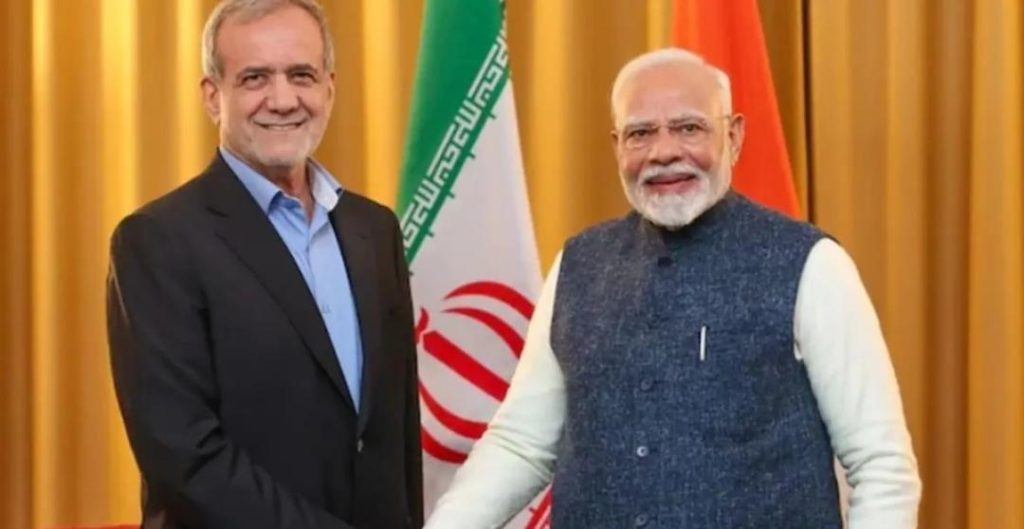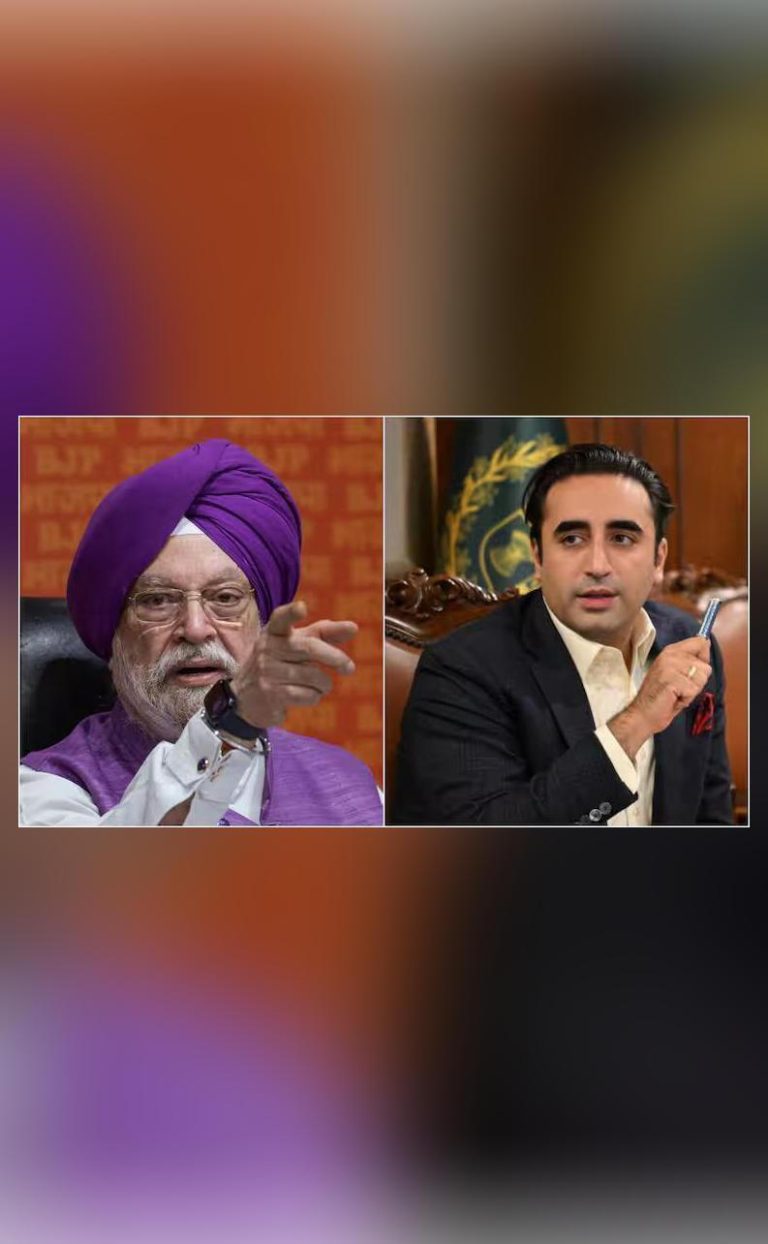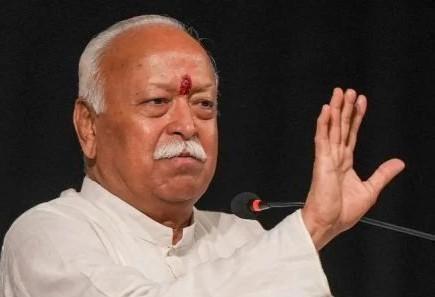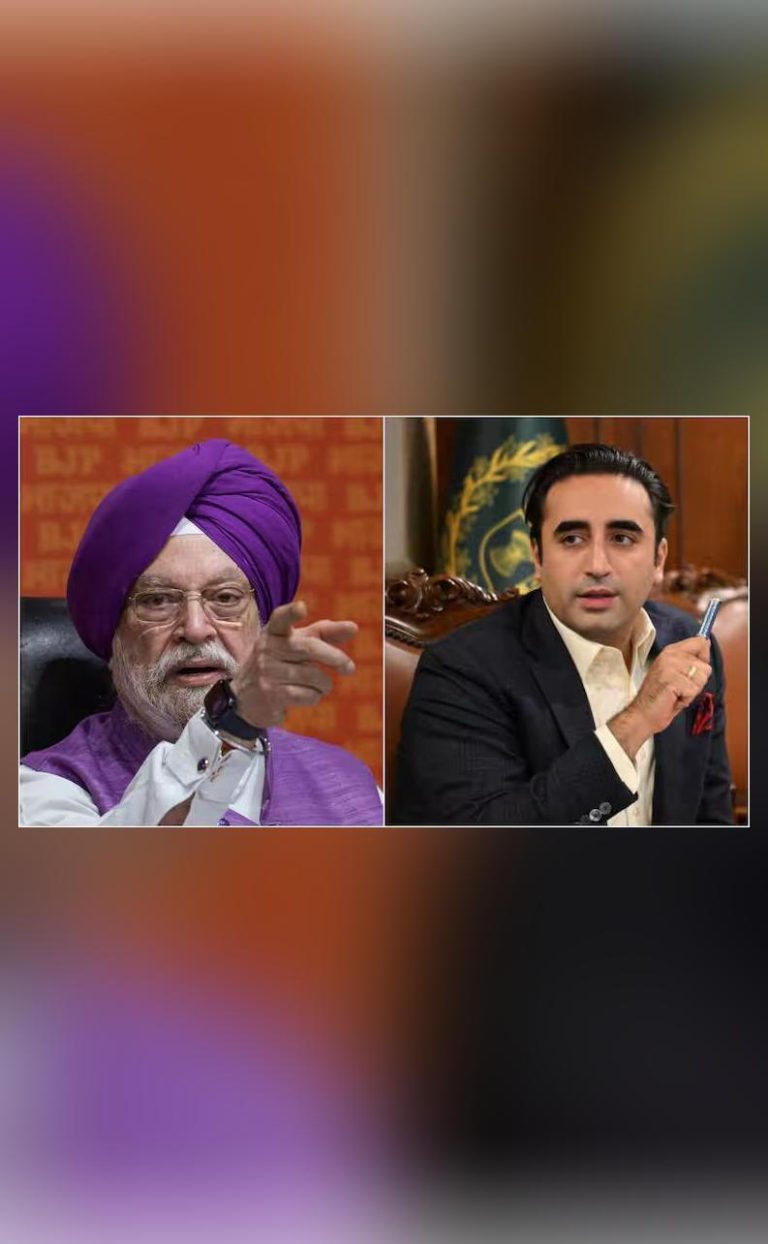
Iran Offers to Mediate between India and Pakistan after Pahalgam Attack
The recent terrorist attack in Pahalgam, Jammu and Kashmir, has sent shockwaves across the region, escalating tensions between India and Pakistan to a new high. Amid this heightened atmosphere, Iran has made a surprise offer to mediate between the two countries, seeking to use its good offices to forge greater understanding and ease the standoff.
In a statement published on the official Twitter account of Iran’s Foreign Minister, Seyed Abbas Araghchi, Tehran expressed its willingness to facilitate dialogue between New Delhi and Islamabad. “Tehran stands ready to use its good offices in Islamabad and New Delhi to forge greater understanding at this difficult time,” the statement read.
This offer comes as a significant development in the wake of the Pahalgam attack, which left several people injured and one policeman martyred. India has been swift to condemn the attack, with Prime Minister Narendra Modi terming it as a “dastardly act of terrorism.” Pakistan, on the other hand, has denied any involvement in the incident, but India has been quick to point fingers at its eastern neighbor.
The attack has also led to a significant escalation in tensions between the two countries. India has suspended the Indus Waters Treaty with Pakistan, which governs the sharing of the waters of the Indus River and its tributaries. The treaty was signed in 1960 and has been a key component of the bilateral relationship between the two countries.
Pakistan, in response, has accused India of violating the treaty and has threatened to take “all possible measures” to protect its rights. The situation has been further complicated by reports of ceasefire violations along the Line of Control (LoC), which has seen both sides exchange heavy fire in recent days.
Against this backdrop, Iran’s offer to mediate between India and Pakistan comes as a welcome development. Tehran has historically maintained good relations with both countries, and its offer to facilitate dialogue could help to ease tensions and prevent further escalation.
Iran’s decision to mediate is also seen as a strategic move to strengthen its influence in the region. Tehran has been seeking to increase its regional footprint in recent years, and its offer to mediate between India and Pakistan could help to solidify its position as a key player in the region.
In addition, Iran’s offer to mediate could also help to address the core issues that have been driving the tensions between India and Pakistan. The dispute over Kashmir, in particular, has been a longstanding issue between the two countries, and any meaningful dialogue will need to address this issue head-on.
However, the road to mediation will not be easy. Both India and Pakistan have their own red lines and will need to be convinced that any mediation effort will be successful. Additionally, the trust deficit between the two countries runs deep, and any mediation effort will need to be based on a foundation of mutual respect and trust.
Despite these challenges, Iran’s offer to mediate is a positive development that could help to ease tensions and prevent further escalation. Both India and Pakistan need to take a step back and reflect on the devastating consequences of their actions. They need to recognize that their dispute over Kashmir is not a zero-sum game and that a solution that satisfies both parties is possible.
In conclusion, Iran’s offer to mediate between India and Pakistan is a significant development that could help to ease tensions and prevent further escalation. Both countries need to seize this opportunity and engage in meaningful dialogue to address their differences. The consequences of inaction will be devastating, and it is time for India and Pakistan to put aside their differences and work towards a brighter future for their people.
Source:




